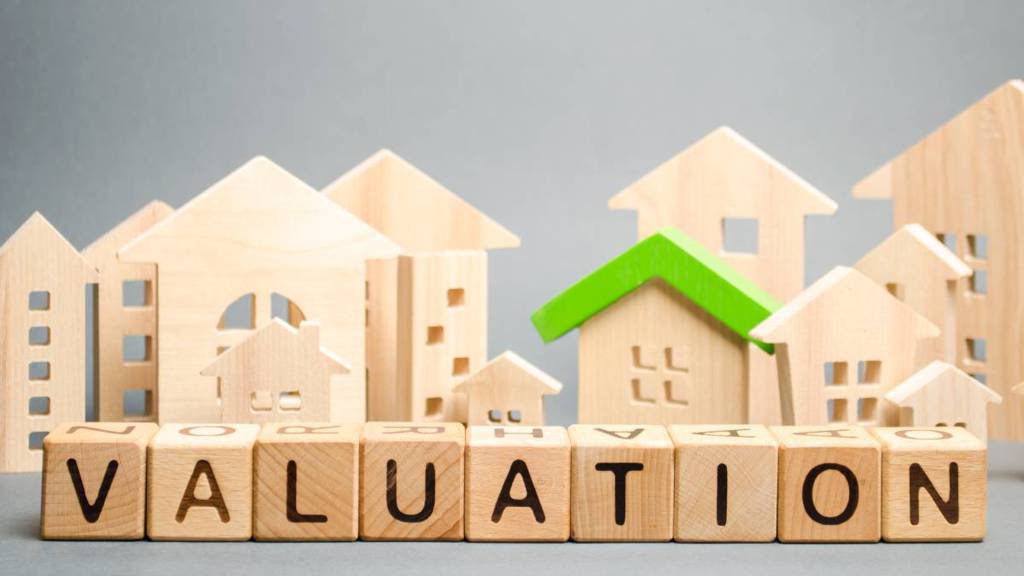How do Property Valuations Impact your Refinance?

What is the impact of Property Valuations on Your Refinancing.
Property valuation plays a significant role in the refinancing process, as it helps determine the equity in your home and influences your new loan terms. Understanding property valuation and its impact on refinancing can help you make informed decisions and get the best possible deal on your new home loan. In this article, we delve into the importance of property valuation and how it affects refinancing in Australia.
- What is property valuation?
A property valuation is an assessment of a property's current market value. It takes into account factors such as the property's size, location, condition, and any improvements or renovations. This valuation is typically conducted by a qualified property valuer who uses a combination of recent sales data, local market trends, and an on-site inspection.
- How property valuation impacts refinancing
When you refinance your home loan, your new lender will use the property valuation to determine the loan-to-value ratio (LVR). The LVR is calculated by dividing the loan amount by the property's value, expressed as a percentage. A lower LVR usually means a lower risk for the lender, which can lead to more favourable loan terms and interest rates.
The property valuation also impacts the amount of equity you have in your home. Equity is the difference between the property's market value and the outstanding balance on your home loan. A higher property valuation can result in increased equity, allowing you to access more funds when refinancing or potentially eliminating the need for lender's mortgage insurance (LMI).
_________________________
Read more:
Can you shorten your home loan term?
Consequences of Late Home Loan Repayments
How does rising inflation affect your borrowing power?
_________________________
- Different types of property valuations
There are several types of property valuations that your lender may use during the refinancing process:
- Full valuation: This is the most comprehensive valuation method, involving an on-site inspection by a qualified valuer. They will assess the property's condition, location, and any improvements or renovations to provide an accurate market value.
- Desktop valuation: This method relies on recent sales data and market trends to estimate the property's value. While it's generally faster and less expensive than a full valuation, it may not be as accurate since it doesn't involve a physical inspection.
- Automated valuation model (AVM): AVMs use advanced algorithms and data analytics to provide an instant property valuation. While AVMs are fast and cost-effective, their accuracy may vary depending on the quality and depth of the data used.
- How to prepare for a property valuation
To ensure your property valuation accurately reflects your home's value, consider the following tips:
- Tidy up: A clean and well-maintained property can leave a positive impression on the valuer, potentially boosting the valuation result.
- Compile a list of improvements: Provide the valuer with a list of any recent renovations or improvements, along with relevant documentation such as permits and receipts.
- Research local sales: Familiarise yourself with recent sales in your area to get a rough idea of your property's value. This can help you determine whether the valuation is in line with your expectations.
Understanding property valuation and its impact on refinancing can help you make informed decisions and secure the best deal on your new home loan. By preparing for the valuation and knowing the different types of valuations available, you can ensure your property is accurately assessed and maximise your refinancing opportunities. It's essential to consult with a mortgage broker or financial adviser to help navigate the refinancing process and make the most of your property's value.
Speak to a mortgage broker today about Property Valuations and their Impact on your Refinance.




